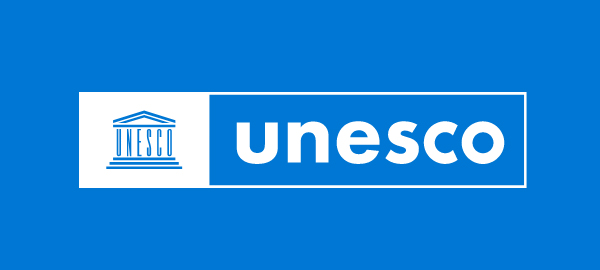As AI agents rapidly evolve from tools to autonomous actors, experts are raising existential questions about human value and purpose.
These agents, equipped with advanced reasoning and decision-making capabilities, can now complete entire workflows with minimal human intervention.
The report notes that in corporate settings, AI agents are already being positioned to handle tasks such as client negotiations, quote generation, project coordination, or even strategic decision support. Some proponents foresee these agents climbing organisational charts, potentially serving as virtual CFOs or CEOs.
At the same time, sceptics warn that such a shift could hollow out traditional human roles. Research from McKinsey Global Institute suggests that while many human skills remain relevant, the nature and context of work will change significantly, with humans increasingly collaborating with AI rather than directly doing classical tasks.
The questions this raises extend beyond economics and efficiency: they touch on identity, dignity, and social purpose. If AI can handle optimisation and execution, what remains uniquely human, and how will societies value those capacities?
Some analysts suggest we shift from valuing output to valuing emotional leadership, creativity, ethical judgement and human connection.
The rise of AI agents thus invites a critical rethink of labour, value, and our roles in an AI-augmented world. As debates continue, it may become ever more crucial to define what we expect from people, beyond productivity.
Would you like to learn more about AI, tech and digital diplomacy? If so, ask our Diplo chatbot!










